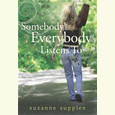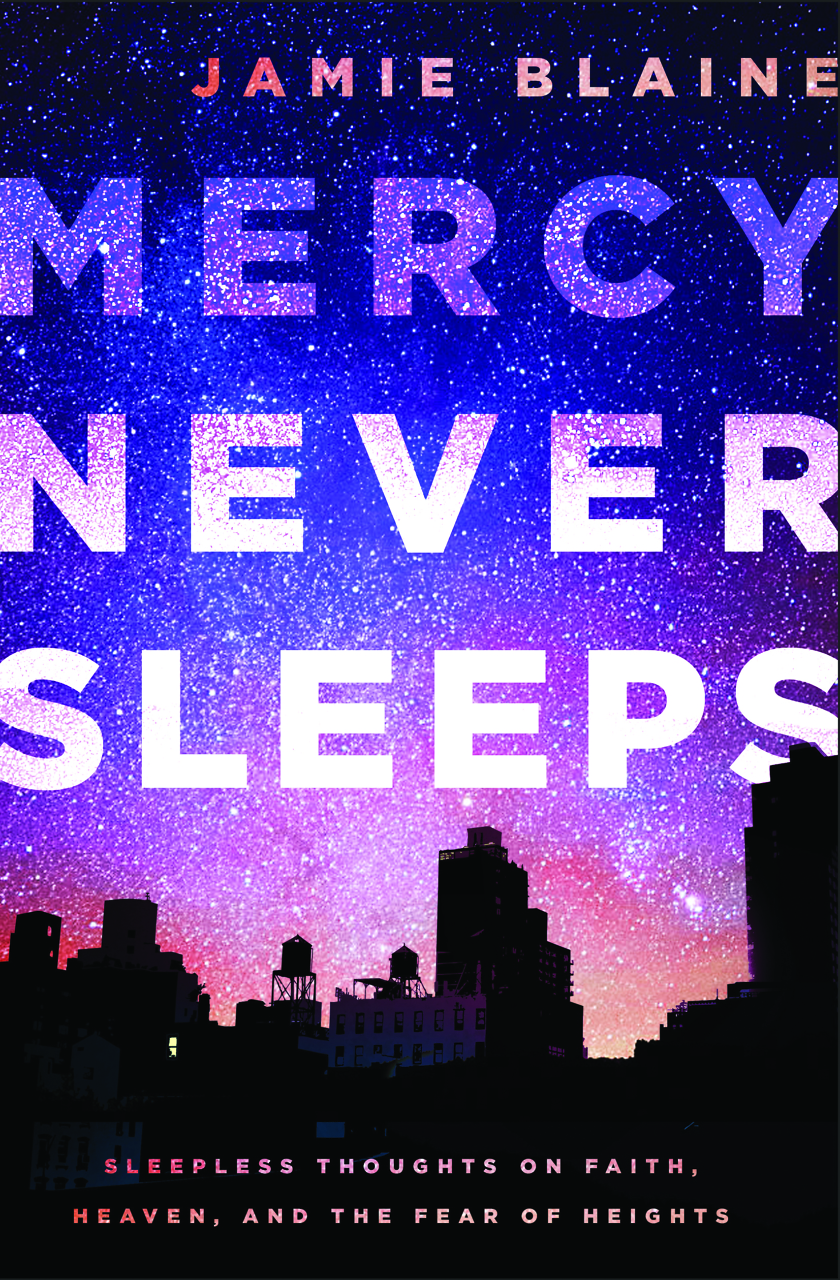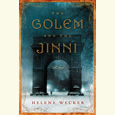Consciousness and Chaos
Madison Smartt Bell takes the reader on a visionary journey in Behind the Moon
Spirituality and the allure of violence are recurring themes in Madison Smartt Bell’s work, going back at least as far as his deliberately hypnotic 1991 novel, Doctor Sleep. In more recent years, Devil’s Dream (2009) and The Color of Night (2011) explored the cathartic effect of violence in very different contexts, and the writer has talked often about his own spiritual practices and how they influence his fiction. In Behind the Moon, set in the stark landscape of South Dakota, Bell pursues those longtime concerns more avidly than ever, taking readers on a disturbing, hallucinatory tour of human and animal consciousness in the course of a story about a mother’s search for her lost daughter.
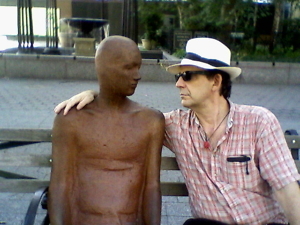
The novel opens with seventeen-year-old Julie sneaking off to spend a night camping in the Badlands with her friend Karyn and three boys, Jamal, Sonny, and Marko. As far as she’s concerned, there’s no plan for this outing other than to get high and maybe hook up with nice guy Jamal. Marko and Sonny, however, do have a plan—the one plan every parent fears when young men lure young women to remote places. Karyn is assaulted, and when Julie tries to flee, she winds up falling down a shaft inside a cave adorned with petroglyphs.
While lying comatose, she commences a visionary journey among an ancient tribe and merges with both the spirit and the flesh of animals: “Beyond the infinite thickness of the stone her forearm suddenly pushed through, so she could move it freely now, turning it from the elbow, feeling the heaviness of the bone and paw-pad where her hand had been.”
Meanwhile, the birth mother Julie never knew, Marissa, is on a spiritual quest of her own, which ultimately leads her to her daughter’s hospital bedside. In her dreams she shares Julie’s visions, while in waking life she and Jamal revisit the cave, deal with a vengeful Marko, and try to figure out a mysterious dope and porn dealer called Ultimo, who may also be gunning for Jamal. What is real and what isn’t begins to blur for Marissa, and she can’t be sure whether the frightening things she witnesses are what they seem.
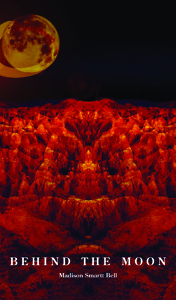 Bell draws the reader into a corresponding state of uncertainty by repeatedly looping back through the scenes, subtly (and sometimes not so subtly) changing events, thus creating a world in which there are multiple stories in progress at once. There’s no true solid ground to stand on, and yet the novel suggests there is a kind of grounding to be found in awareness of and willing engagement with the chaos. After experiencing a particularly harrowing episode with Ultimo, Marissa finds herself in a gentler version of their story and wonders whether she might possesses “the power and good sense” to choose a more benign reality. Likewise, Julie’s persistent coma/visionary state is described by Ultimo as something she could escape if she wished. “Your girl now,” he says to Marissa, “she’s making a choice to stay where she is.”
Bell draws the reader into a corresponding state of uncertainty by repeatedly looping back through the scenes, subtly (and sometimes not so subtly) changing events, thus creating a world in which there are multiple stories in progress at once. There’s no true solid ground to stand on, and yet the novel suggests there is a kind of grounding to be found in awareness of and willing engagement with the chaos. After experiencing a particularly harrowing episode with Ultimo, Marissa finds herself in a gentler version of their story and wonders whether she might possesses “the power and good sense” to choose a more benign reality. Likewise, Julie’s persistent coma/visionary state is described by Ultimo as something she could escape if she wished. “Your girl now,” he says to Marissa, “she’s making a choice to stay where she is.”
Bell is up to something ambitious here, exploring fairly esoteric ideas of chaos theory and spirit possession while simultaneously keeping a conventional plot chugging along. There are long hallucinatory passages involving wild animals alongside prosaic scenes of cooking and auto repair. By all rights the book ought to seem at cross-purposes with itself, but it doesn’t. It’s a trip to the underworld where terror and wonder coexist, and it’s also a believable, involving story about a mother trying to recover her lost child. The fusion works, helped along by Bell’s gorgeous writing and his gift for the evocative image. (The phrase “white teeth” will never again seem entirely innocuous after you’ve read this book.)
Behind the Moon is described on its title page as “A Fever Dream,” and it operates on dream logic that favors emotional effect and coherence over linear storytelling. The book is not going to satisfy a reader who needs everything explained and every dot connected, but surrendering to its spell means entering a world of intense feeling and extraordinary possibility. It’s a fascinating, unsettling journey.

Maria Browning is a fifth-generation Tennessean who grew up in Erin and Nashville. A graduate of Mount Holyoke College, she has attended the Clothesline School of Writing in Chicago, the Moss Workshop with Richard Bausch at the University of Memphis, and the Sewanee Writers’ Conference. She lives in White Bluff.
